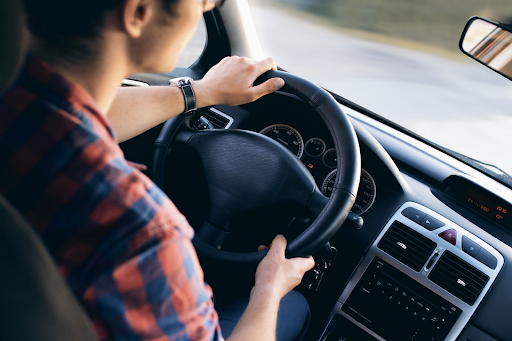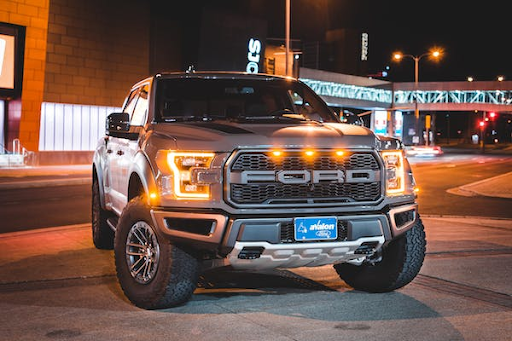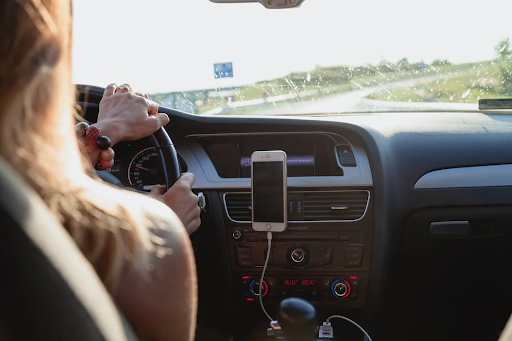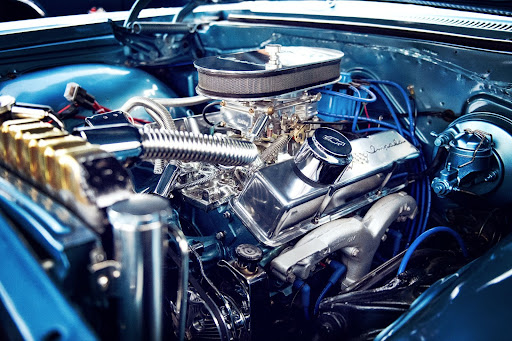Safe Driving at Intersections: Its Importance and How-Tos
Driving is a skill that must be practiced regularly in order to maintain proficiency. One of the most important aspects of safe driving is knowing how to drive through intersections. Intersections are dangerous places and can result in serious accidents if not driven through properly. In this blog post, we will discuss the importance of driving safely at intersections, and provide some helpful tips on how to do so!
The Number Of Accidents Is Staggering
The number of automobile accidents that occur at intersections is staggering. According to the National Highway Traffic Safety Administration, intersection-related crashes accounted for nearly 50 percent of all fatalities and 25 percent of all injuries in 2017. What’s more, a study by the American Automobile Association found that drivers are three times more likely to be involved in an accident at an intersection than on any other stretch of road. This is why it’s essential to understand the importance of safe driving at intersections and follow the rules for doing so. The lawyers from HurtCallBert recommend that drivers always remain alert and aware of their surroundings at intersections, as this is when a large number of vehicles are present in close proximity. Additionally, they caution against speeding, running red lights, or distracted driving while navigating an intersection. By following these basic rules, drivers can significantly reduce the risk of an accident occurring.
Stay Vigilant
One of the most important things to remember when driving at an intersection is to stay vigilant. Drivers must pay attention to their surroundings, including other vehicles and pedestrians who may also be present. Additionally, remaining aware of traffic signals and signs is also essential in order to drive safely through intersections. It’s even more important for drivers to remain alert during heavy traffic, bad weather, or unfamiliar areas. Being vigilant while driving helps to avoid potential collisions and other risks that can occur at an intersection. Therefore, it is important for drivers to stay aware and attentive at all times when nearing intersections to ensure a safe journey.
Know The Right Of Way
One of the most important elements to safe driving at an intersection is understanding right-of-way laws. While these laws vary by state and country, they typically state that when two vehicles arrive at an intersection at the same time, the driver on the left must yield to the driver on the right. In addition, drivers should remember to give the right-of-way to pedestrians, bicyclists, and other motorists. Being aware of the local laws and regulations is key to being a safe driver at intersections. Furthermore, it is important to be patient and courteous when navigating an intersection — yielding the right-of-way as needed and not taking unnecessary risks. Following these standard rules can help to keep everyone safe at an intersection. Additionally, it is important to pay attention to traffic signals and signs, as they can help give guidance on who has the right-of-way in certain scenarios. Knowing and following the right-of-way laws could be the difference between a safe journey or being involved in a collision.
Respect Stop Signs
It is essential to pay attention to and respect stop signs when driving at an intersection. Even if no other cars are visible, drivers must look both ways before proceeding and always come to a complete stop. Additionally, drivers should make sure that the intersection is clear of pedestrians before continuing. If another vehicle has arrived at the same time as you or is already in the intersection, yield to them and wait until they have proceeded. By following these simple rules, drivers can ensure their safety and that of other people on the road. By respecting stop signs at intersections, drivers are able to stay safe and avoid potential accidents. It is also important to be aware of cyclists or pedestrians at intersections, as they may not be following the same traffic laws. Be vigilant and always look both ways before proceeding. Even if a light turns green, it is essential to check for any potential hazards before moving forward.
What Should You Do If There Is A Roundabout
When approaching a roundabout, remember to slow down and yield to traffic in the roundabout. Once you enter the roundabout, be sure to use your right turn signal when you are ready to exit. Additionally, make sure that you look both ways before entering the circle and pay attention so that you do not miss any vehicles or signals while driving through. Be aware of any pedestrians in the area and take caution when exiting and entering the roundabout. Lastly, always obey speed limits when driving around a roundabout, as this is important for ensuring everyone’s safety. By following these simple tips, you can ensure that you drive safely and efficiently at intersections with a roundabout. In conclusion, driving safely at an intersection is essential for ensuring the safety of all drivers, pedestrians, and bicyclists on the road. Understanding right-of-way laws, respecting stop signs, and following guidelines when navigating a roundabout can help to keep everyone safe while driving. By being aware, alert, and courteous at intersections, you can help ensure that everyone has a safe journey.
Check Next >https://www.neoadviser.com/the-right-insurance-package-for-your-car/




















